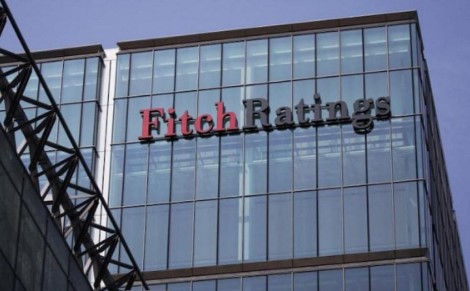Fitch Ratings lauded Bharat’s post-election budget for effectively balancing fiscal deficit management with robust capital expenditure. The agency highlighted despite the coalition government’s pressures, the new administration remains focused on reducing the fiscal deficit in the current and next fiscal years.
Finance Minister Nirmala Sitharaman’s budget, unveiled on Tuesday, revised the Central Government’s fiscal deficit target for 2024-25 to 4.9 per cent of GDP, down from 5.1 per cent in February’s interim budget. This figure is notably lower than the 5.4 per cent Fitch had anticipated when it maintained a stable outlook on Bharat earlier this year. The improved target is partly due to a substantial dividend received from the Reserve Bank of India (RBI) in May.
Fitch expressed confidence in the achievability of this target, noting that the government’s projection of a 10.5 per cent nominal GDP growth for 2024-25 is slightly below their current forecast. The rating agency also believes that Bharat is on track to meet its goal of reducing the deficit to below 4.5 per cent of GDP by 2024-26.
Recent years have seen improvements in the government’s ability to meet or exceed its budget deficit targets, strengthening fiscal credibility. For instance, the fiscal deficit for 2023-24, at 5.6 per cent of GDP, was below the original target of 5.9 per cent. The fiscal deficit, which represents the gap between total revenue and expenditure, reflects the amount the government may need to borrow.
The budget’s capital expenditure target for 2024-25 remains unchanged from the interim budget at Rs 11.11 lakh crore, equating to 3.4 per cent of GDP. This aligns with recent trends and maintains a high level of investment in long-term physical assets. For comparison, the capital expenditure for 2023-24 saw a 33 per cent increase to Rs 10 lakh crore, and the 2024-25 target represents an 11.11 per cent rise.
Fitch noted that the use of RBI dividends in the budget highlights a preference for fiscal consolidation rather than increased spending. While the budget did not provide extensive details on medium-term targets, it emphasised a commitment to managing deficits and maintaining a declining debt trajectory.

















